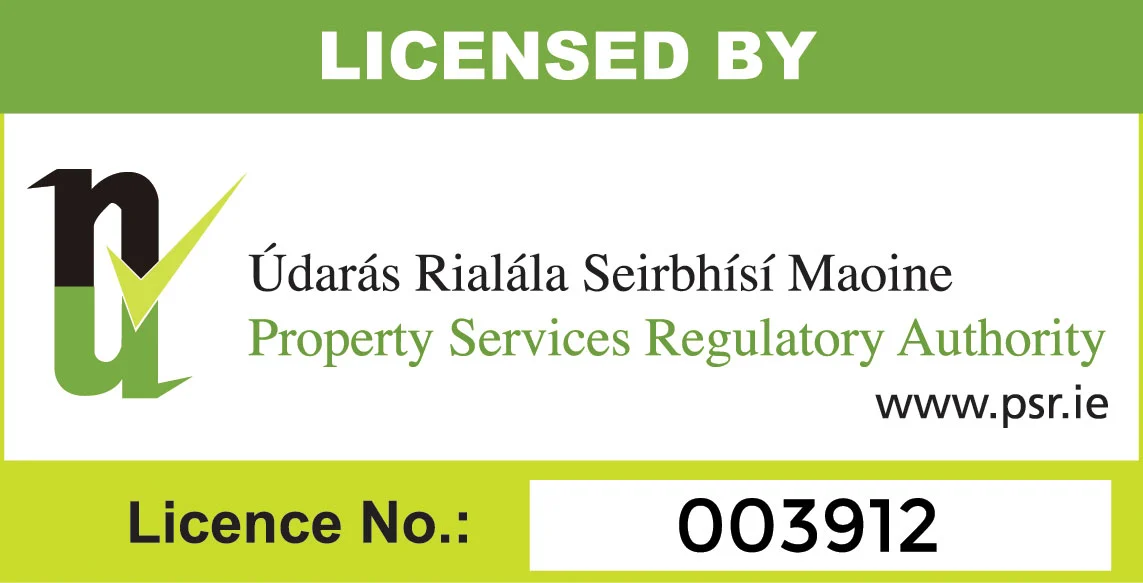Buying a Site to Build in Ireland
With the cost of houses practically back to boom time levels in Ireland, sometimes you begin to think about alternatives. So what about buying a site or a piece of land in Ireland and building on it? How difficult is it to do this and would buying a piece of land in the form of a site be an easier and less expensive way to get your forever home?

Can I Buy a Site in Ireland?
There are no restrictions on who can buy a site in Ireland but there are rules / regulations in place in terms of what you can use the site for if that’s not stipulated already as part of the site sale. It’s really important to understand, for example, what type of zoning is on the site you’re considering buying. In Ireland, areas are overseen by local authorities and so if you buy a site or plot of land with no planning permission, unless you’re from the local area originally, it is unlikely that you will get planning permission. More on planning permission in our beginner’s guide.

How Do I Find a Site to Build on?
Finding a suitable site to build on can be done a couple of ways. With all types of property and land in Ireland, most people use the websites Daft.ie and MyHome.ie. That’s also where you will find sites for sale around the country.


How Long Does it Take to Buy a Site in Ireland?
The period from sale agreed to sold on a property and also when buying a site is called conveyancing. There are a number of issues to be ironed out when buying a site so typically it would be anything from six to eight weeks before the sale might close. Engage the services of a conveyancing solicitor who has experience in the purchase of a site and that might speed things up for you.
How Does Buying a Site Subject to Planning Work?
Sometimes you might come upon a site that you’re interested in but that has no planning permission in place at all. Planning laws vary by district in Ireland but in general are quite strict and usually permission to build is only granted to those who have a tie to an area. Familial links to an area is one such way this happens e.g. if you grew up in the area and wish to move back there and build a property to be close to older family members. A way around this is to purchase the site with a clause in the contract of sale entitled “subject to planning permission”. As the buyer, this works to protect yourself in the event that the site does not get planning permission at all post sale agreed. Your solicitor of choice for conveyancing should be well versed on this and they should work to form part of the contract this clause in order to secure a realistic timeframe for a planning permission application.
Do I Need to Get a Survey From an Engineer if I Buy a Site?
Many experts would suggest that it is prudent to get an environmental survey done on a site you’re seriously considering purchasing. This survey is similar to a survey completed by an engineer should you be buying a house or apartment but this environmental survey is specific to land. It would incorporate testing of the soil for possible contamination issues, other things it would search for might be possibilities of flooding in the area. This environmental survey should be carried out by an expert and they would issue you a report with details of their findings. You can get this survey done post sale agreed and if the sale of the site was on a private treaty basis, then your offer would be subject to any survey issues identified.
Buying a Site to Build - What About Boundaries?
It’s important to have a surveyor look at the site you’re proposing to buy to identify and confirm the boundaries. Sometimes, a percentage of the land may be restricted from development for example at the request of the local council due to the land’s proximity to a main road.
How Much Stamp Duty Do You Pay On a Site?
As per Revenue.ie, a site is deemed non-residential property. It’s only defined as residential property if you buy a site with a connected agreement to build a property on it. This happens for example if you buy a house “off the plans” from a developer. Stamp duty on buying a site without the existence of a connected agreement is 7.5% which is substantial when you consider the costs of building a house. The good news is that there is a stamp duty refund scheme and the main point of which is to cover those who bought the land for the purposes of “eventually” (although there is a time limit for the purposes of the stamp duty refund) building a residential property - “The transferee must develop the required portion of the land for residential purposes and commence building a house(s) or apartment(s) on the land within 30 months after the date of the transfer.” Ref: Revenue.ie
 Marketplace for Details
Marketplace for Details
